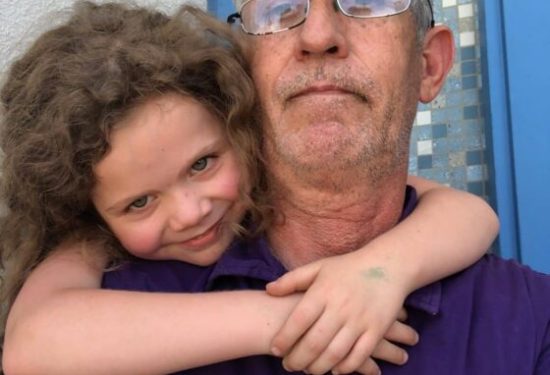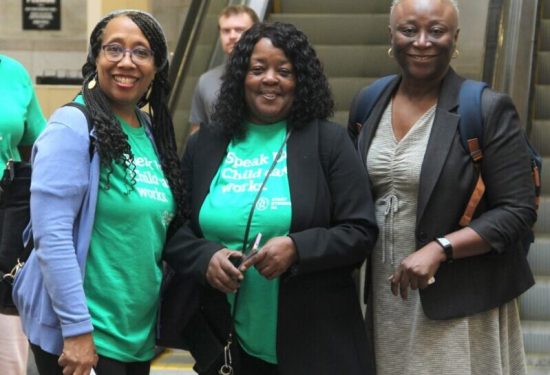As states work to allocate American Rescue Plan funds, Home Grown recognizes the need to continue to champion the stabilization and lasting investment in the child care sector, and home-based child care, in particular. We encourage advocates and policymakers alike to embrace the following principles shared by Home Grown’s provider advisor, Melody Robinson, owner of Parent’s Helper Nature School. Her hope is that we build a future system that:
- Respects and resources providers regardless of the setting they choose to work in, whether home-based or center-based.
- Brings providers to the table to inform decision making and program design.
- Creates a coherent system that doesn’t pit one provider type against another, a system that recognizes that families need and want different things and providers add value to the system in different ways.
We are encouraged by the ongoing conversations about transforming child care and the advocacy efforts of many of our colleagues. Here we highlight a few resources that may support our collective efforts to build a coherent and sustainable child care system that respects and supports providers and families:
- Cost of Child Care interactive calculator and report: the Center for American progress has updated their Cost of Child Care calculator, allowing users to explore the true cost of quality care by state, age group, and setting, including home-based care. We applaud their explicit attention to the home-based market, including this analysis:
“Often, the market price of family child care is less than that of center-based care because the provider does not pay themselves a set salary. While this makes home-based child care an affordable option for many families, it is another example of a system that is built at the expense of the early childhood workforce. For FCC to be a sustainable part of the early childhood system—which is critical to promoting access for infants and toddlers, Black and Latinx families, and low-income families26—it is important to model the cost of providing home-based care that supports a fiscally sound program.”
Read more here.
- Why Care About Care?: Care is a public good. This brief from the Asset Funders Network makes the case that our economy and recovery depends on having care infrastructure, with a vision for a culture that values and compensates caregiving. The brief includes recommendations for policies that build a care infrastructure and strategies and promising practices for philanthropy. This video highlights the needs and opportunities of the care economy.
We Are the Backbone: Faces of a Care Nation: this campaign from the National Women’s Law Center “honors the women who have held us up every day” and encourages a significant federal investment in child care over the next 10 years. Visit their site for ways to contact Congress or thank a child care provider.




